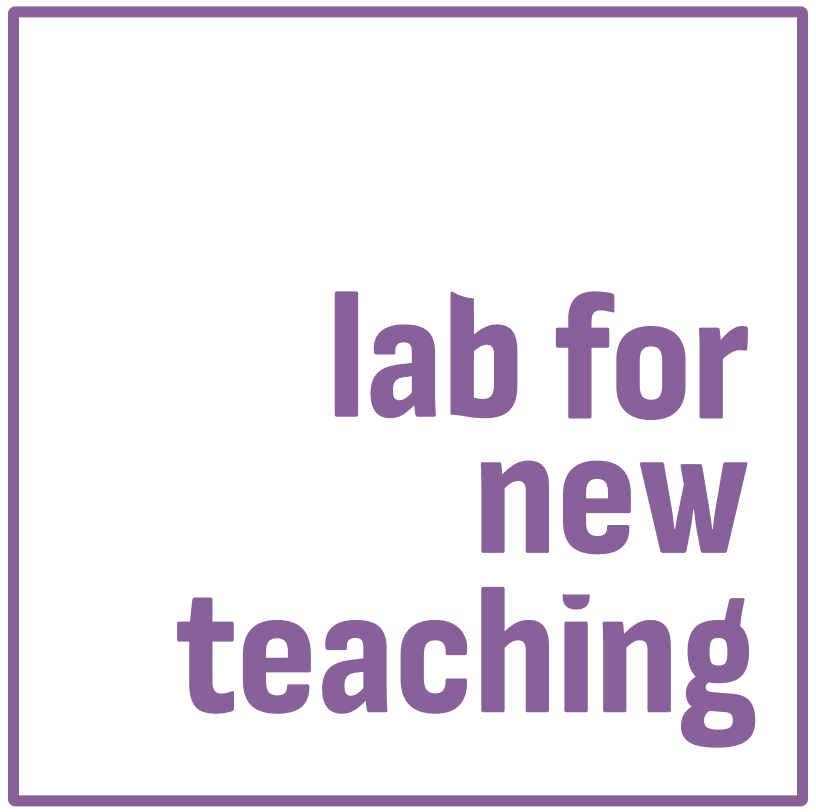The Lab on Trauma-informed Teaching
Coming Spring 2026
About the Lab
Explore how trauma impacts learning while developing practical strategies that foster resilience, belonging, and agency in educational spaces. Learn to center human connection while creating conditions where all students can thrive despite past or ongoing adversity.
Save Your Seat This lab is perfect for:
- K12 TeachersDevelop classroom environments and instructional approaches that support students experiencing trauma while maintaining academic rigor and fostering community.
- Instructional DesignersCreate learning experiences and materials that incorporate trauma-informed principles across modalities, ensuring accessibility and engagement for all learners.
- Higher Ed FacultyImplement trauma-sensitive practices that acknowledge the diverse lived experiences of adult learners without compromising intellectual challenge or academic standards.
- AdministratorsBuild institutional frameworks and policies that support trauma-informed practices at a systemic level while nurturing sustainable support for both students and educators.
Some Essential Questions

- How does trauma manifest in educational settings and impact learning ?
- What practices enable educators to create environments where students experiencing trauma can develop agency, connection, and academic success?
- How can we balance academic rigor with trauma-sensitive approaches that respond to students' lived experiences?
- Where do we locate trauma-informed teaching within broader movements for educational equity, justice, and human-centered learning?

Learning Outcomes
- Identify how trauma affects cognitive, social, and emotional development to recognize trauma responses in learning environments.01
- Design learning experiences that incorporate trauma-informed principles while maintaining academic integrity and high expectations.02
- Develop personalized implementation plans that integrate trauma-informed practices into their specific educational contexts.03
Schedule for the Lab
Coming Spring 2026
Week 1: Foundations
- Recognize the neurobiological, psychological, and social impacts of trauma on learning and development.
- Activity: Identify where trauma might manifest in your specific educational context
Week 2: Building Trust and Safety
- Develop communication strategies and relationship-building practices that foster trust
- Activity: Write a "Dear Student" letter
Week 3: Trauma-informed Practice
- Design and adapt learning experiences that incorporate trauma-informed principles
- Activity: Redesign an existing lesson, assessment, or policy using trauma-informed principles
What People Are Saying...
Contact
info@newteachinglab.com
Policies
- Privacy Policy
- Code of Conduct
- Terms of Service
© All rights reserved, New Teaching Lab, LLC


